Giacomo Giannini (LSE): “Relational Troubles: Structuralist Worries for an epistemology of powers-based modality.”
Dispositionalism is the theory of modality that grounds all modal truths in powers: all metaphysically possible and necessary truths are to be explained by pointing at some actual power, or absence thereof.
One of the most enticing and often cited reasons to endorse dispositionalism is that it promises to deliver an especially desirable epistemology of modality, one that is i) realist, ii) anti-(radically) skeptical, iii) anti-exceptionalist, and iv) able to deliver a good solution to the Integration Challenge. This is the challenge to “reconcile a plausible account of what is involved in the truth of statements of a given kind with a credible account of how we can know those statements, when we do know them”. The crucial idea is that adopting a powers-based theory of modality allows us to perceive at least some modal facts, by making certain affordances genuine features of reality.
Unfortunately, the pairing of a perception-based, empiricist epistemology of modality and Dispositionalism is not as unproblematic and natural an union as it might first appear.
I’ll present a few worries that stem from a conflict between the sketched epistemology of modality and one of the core principle of powers metaphysics— namely that dispositional properties have a relational essence and must be understood in structuralist terms, and draw some consequences for the project of Dispositionalism and powers ontologies more broadly.
Giacomo Giannini is an LSE Fellow. His central research area is in metaphysics, with a particular focus on modality and powers ontology, and their application to debates in metaphysics and neighbouring fields.




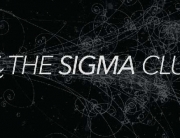



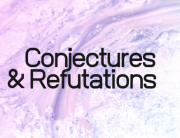







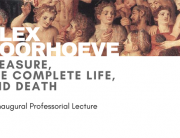
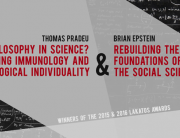
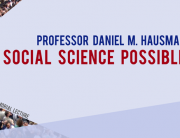
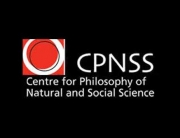


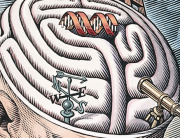
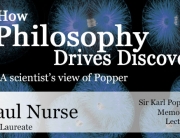
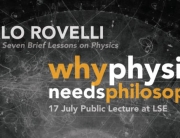


Connect with us
Facebook
Twitter
Youtube
Flickr